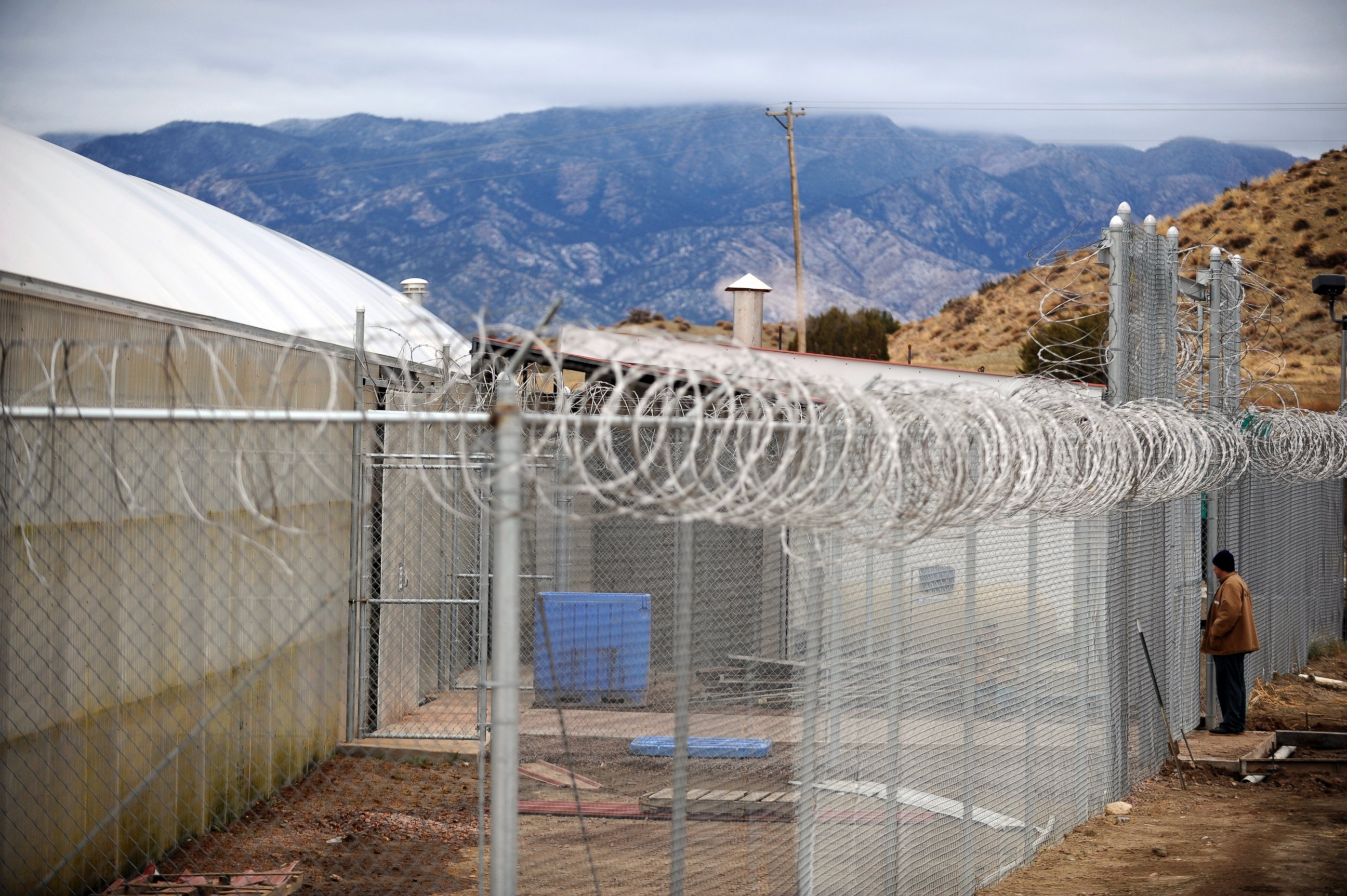Whole Foods Suppliers Defend Using Prison Labor
Whole Foods sold products made by prison workers for more than decade.

— -- The food companies that used prison labor to sell products at Whole Foods are defending their programs, saying they provide inmates with new skills and rehabilitation.
Whole Foods, under pressure from prison reform advocacy groups protesting the wages earned by those behind bars, announced last week that it will stop offering products made by prisoners next year. The company specifically said it will stop selling tilapia sourced from Quixotic Farming and cheese distributed by Haystack Mountain Goat Dairy, two private companies that partner with Colorado Correctional Industries (CCI), a division of Colorado's Department of Corrections. These items will no longer be available to Whole Foods customers as of April 2016.
Michael Silverman, a Whole Foods spokesman, said in a statement, "One of our core values as a company is supporting our communities. We felt that supporting suppliers who found a way to be part of paid, rehabilitative work being done by inmates would help people get back on their feet and eventually become contributing members of society."
Silverman said that the program used local suppliers in Colorado who sourced product and ingredients through a "volunteer inmate rehabilitation program."
He continued: "We do believe that voluntary work programs like this do help people learn skills to become productive members of society, we always want to make sure we are in-tune with our customers' wishes. That is why we decided to stop selling products made by inmate labor programs, and expect that those products will be off our shelves by April, 2016 if not sooner."
The inmates are paid between 74 cents to $4 per day, according to Adrienne Jacobson, Colorado Department of Corrections' legal services associate director, adding that CCI doesn't contract directly with Whole Foods.
A spokesman for Haystack Mountain Goat Dairy defended its practices and argued that prison inmates were actually earning more than a minimum wage worker in Colorado, but only when those hourly rates were combined with the room and board and other services they receive in prison. The minimum wage in Colorado is $8.23 per hour.
"Inmates at the dairy are only required to work one, eight-hour shift, five days per week, but many elect to work double shifts and additional days per week," Haystack Mountain Goat Dairy said in a statement. "Depending on their schedule, inmates can earn anywhere from $1,000 per year to over $2,500 per year. Most people don’t consider that it costs the Colorado tax payer $35,800 per inmate, per year for room and board, clothing, medical care, educational programs, counseling services, and required supervision. When factoring in these benefits, inmates are actually earning more than double the Colorado minimum wage."
Haystack Mountain Goat Dairy said its cheeses are sold primarily in Whole Foods stores in the Rocky Mountain region, northern and southern California, pockets of the Southwest, Boston and New York. Whole Foods’ cheese prices vary slightly by varietal and flavor, but on average, four ounces of Haystack Mountain sells for $5.99 and eight ounces sells at $10, according to Silverman.
Claire Constant, a spokeswoman for Quixotic Farming, said the majority of Quixotic's tilapia is raised on the company's Missouri farms and processed at its facility in Penrose, Colo., with civilian employees. She declined to comment about the products in Whole Foods stores.





